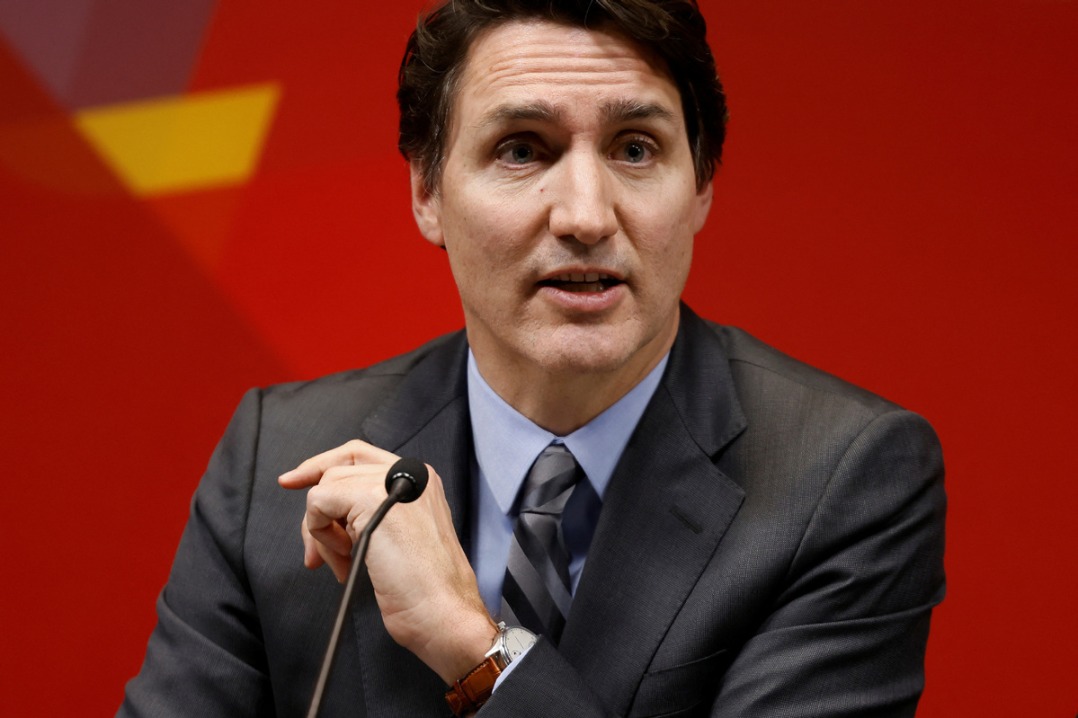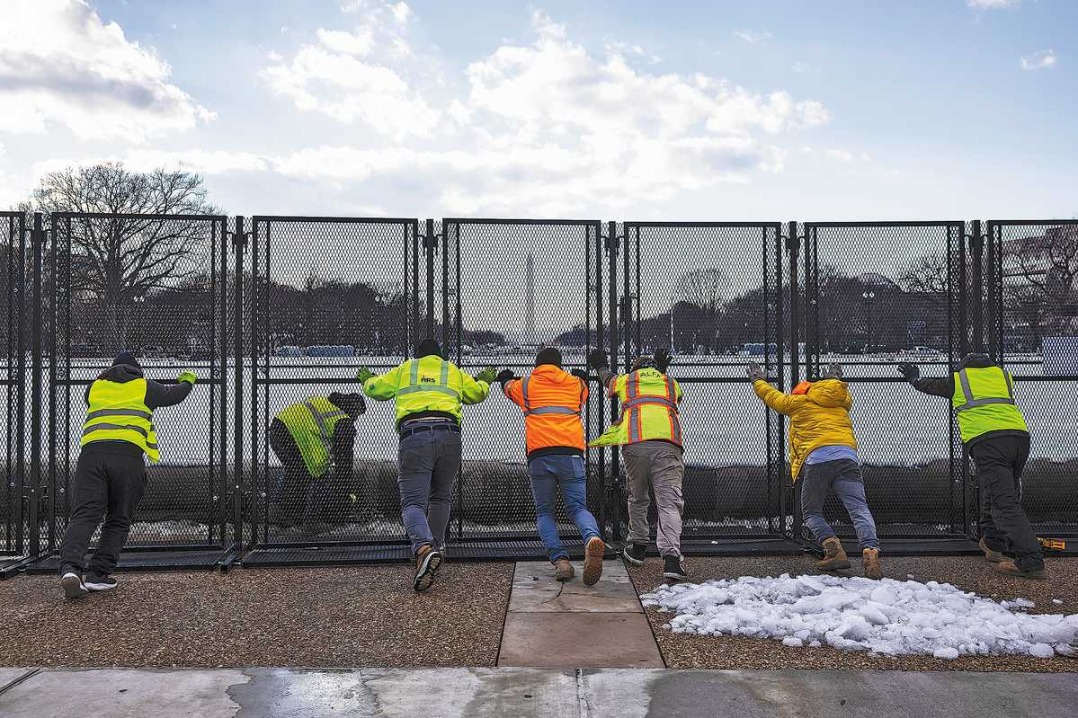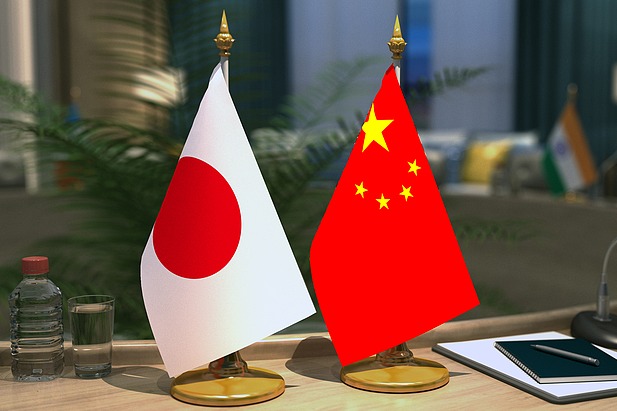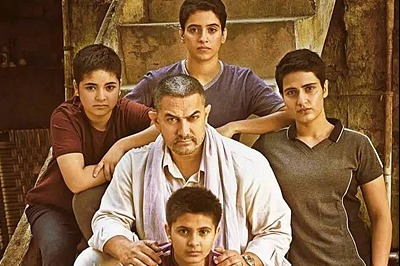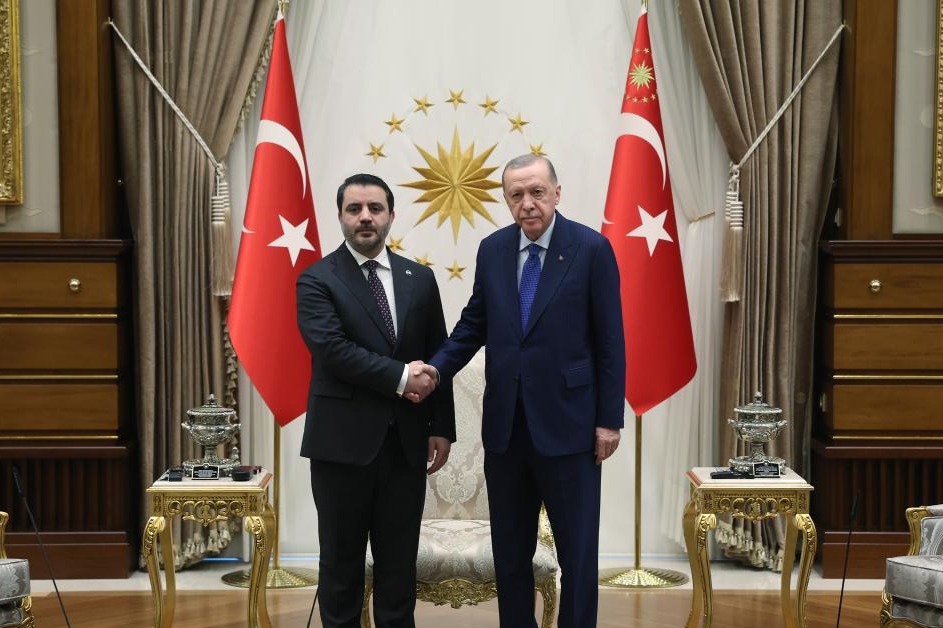Shared dreams can overcome common problems

Ten years ago, the future of humanity looked brighter. The most harmful effects of the financial crisis that broke out in 2008 seemed to have been overcome. No future scenario included the possibility of a war in Central Europe. Nor could anyone imagine the setback of the globalization process and the economic decoupling initiated by the United States, and still less the outbreak of a predatory trade war and the total weakening of the World Trade Organization.
As much as our generation heard warnings of the possibility of unconventional threats to international security, it never dreamed of a pandemic on the scale of COVID-19.
In 2013, the world watched the advance of multilateralism. With the support of the BRICS group of countries — Brazil, Russia, India, China and South Africa — and a broad coalition of developing countries, Brazilian Roberto Azevedo was elected director-general of the WTO.
Also, at that time, reform in the distribution of International Monetary Fund quotas in favor of developing countries, which had been agreed upon at the G20 Seoul Summit in 2010, was awaited, as well as the yuan being projected as an international reserve currency.
Furthermore, after decades of instability, African countries had embarked on a path of recovery. As of 2013, in terms of GDP, Africa was the fastest-growing continent in the world at 5.6 percent annually. It was estimated that African GDP would increase by an average of more than 6 percent per year between 2013 and 2023, but that was prevented by the pandemic.
The year 2013 also witnessed two events that have had significant repercussions over the past decade.
The first occurred on March 23, when President Xi Jinping introduced the concept of "a community with a shared future for mankind" in a speech at the Moscow State Institute of International Relations. Xi's speech was a breakthrough in the Communist Party of China's formulation of a new type of major-power relations, which seeks to harmonize coexistence among world powers such as the United States, China, the European Union and Russia. Beyond understanding each power's strategic interests, Xi's proposal incorporated humanity's main demands, such as the right to prosperity, peace and a sustainable and clean society.
The second significant event that year was Xi's proposal of a new Silk Road in a speech on China's Central Asia strategy at Nazarbayev University in Astana, Kazakhstan. At that moment, the Chinese government was calling for the construction of an economic belt along the ancient overland Silk Road routes, a trans-Eurasian project extending from the Pacific Ocean to the Baltic Sea.
A month later, the idea of a new Silk Road embraced the seas of Southeast Asia. Addressing the Indonesian Parliament, Xi advocated the creation of a 21st Century Maritime Silk Road, underlining the shared destiny of China and the member states of the Association of Southeast Asian Nations, saying that China was ready to open up more to ASEAN countries and allow ASEAN countries to benefit more from China's development.
Subsequently, both concepts were merged into the "One Belt, One Road" and finally renamed "the Belt and Road Initiative".
Over the past 10 years, these two initiatives of the Chinese government have played a significant role in international relations.
The concept of a "shared future" is increasingly relevant when humanity faces problems not exclusive to a specific country, such as global warming, extreme weather events, the pandemic and migration flows. Added to this are issues related to collective security, as no government can guarantee its security at the expense of the safety of another.
Concerning the Belt and Road Initiative, investments related to the BRI are now spread across every continent. Through the initiative, several countries now have access to credit for infrastructure projects. The New Silk Road Fund, the Export-Import Bank of China, the New Development Bank and the Asian Infrastructure Investment Bank provide financing without Western governments' political conditions.
Projects under the framework of the Belt and Road, such as the railway linking Mombasa and Nairobi in Kenya, or the railway linking Vientiane, Laos, with Yunnan province in Southwest China, are examples of projects with a great capacity to boost the economic development of these countries.
Many challenges are still on the horizon, with no prospect of a short-term solution. A promising future for humanity requires greater cooperation and coordination among all countries, big or small, rich or poor. If our problems are shared, so are our solutions.
Although the current situation can be tough and challenging, the future is built on dreams, perseverance and long-term vision.
The exclusivism and selfishness of some nations must be fought, as they are at the root of today's problems. Shared development among countries, mutual respect and solidarity are the pillars of building a shared, healthy, clean and beautiful future.
The author is a professor of international political economy at Sao Paulo State University in Brazil.
















